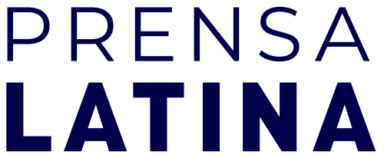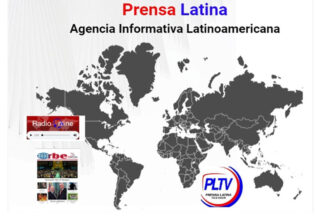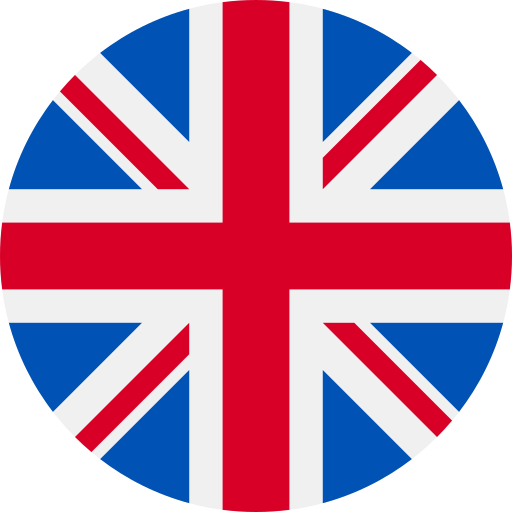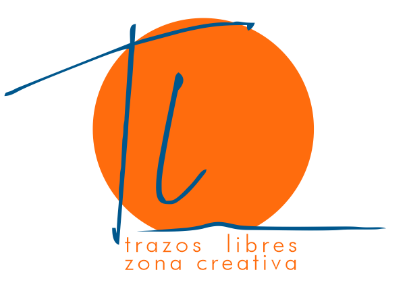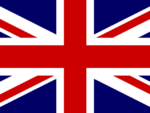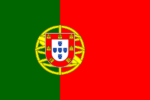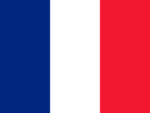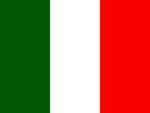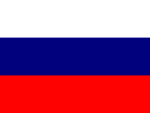Caracas, Mar 7 (Prensa Latina) The United States is increasing measures against Venezuela after being accused of crimes against humanity before the International Criminal Court (ICC) by the South American nation.
Just 10 days after Foreign Minister Jorge Arreaza denounced in The Hague the serious crimes committed against the Venezuelan people as a result of the application of the U.S. blockade, the White House renewed the executive order declaring this country ‘unusual and extraordinary threat’ to their safety.
With the renewal of that order signed during the Barack Obama administration, the government led by Donald Trump not only secures his Corsican patent to perform these punitive actions, but also demonstrates, once again, his imperial arrogance by ignoring the process against it.
Meanwhile, the Bolivarian State prepares new evidence to be presented to the international legal entity and calls for a campaign to denounce the consequences of coercive and unilateral measures imposed by the White House since 2014, which prevent acquiring medicines and food, and causes a financial damage of 116 billion dollars, according to official estimates.
The day before the president of the Bolivarian Republic of Venezuela, Nicolás Maduro, indicated: “We have to denounce the crime committed against the people of Venezuela with the so-called criminal, illegal, unilateral sanctions outside the international law that US imperialism has launched against the economy and the social and political life of the country».
On February 13, Foreign Minister Arreaza went to the International Court of Justice, prosecuting people accused of committing crimes of genocide, war, aggression and against humanity, to file the lawsuit against Washington.
In his speech, the head of Venezuelan diplomacy appealed to the application of Article 7 of the Rome Statute, a constitutive instrument adopted on July 17, 1998, which classifies as a crime against humanity the widespread use or systematic attack against a civilian population.
Venezuela was one of the first countries to sign and ratify it in 2002, which is why it exercises in this case its right as a member state, with the intention that the Prosecutor’s Office investigates some of the crimes established in the Statute and determines whether to accuse such crimes to one or several people.
Among the arguments presented by the South American nation, it is worth highlighting that the measures have curtailed the human rights of the Venezuelan people and affected the country’s economy; they prevent the import of food and medicines.
All this, according to the document presented, results in an increase in infant and adult mortality, the death of patients inside and outside the country undergoing high-cost treatments, the increase in diseases, the reduction of caloric intake, among other effects.
Although the United States did not ratify the Rome Statute, the document consigned by Venezuela invokes the thesis of the jurisdiction based on the effects, which establishes that although the crimes were committed by a non-member State the harmful effects occur in the territory of the State Part and affects the civilian population of that nation.
To argue his claim, he also cites several cases known to the ICC where the Prosecutor’s Office ratified its competence to investigate nationals of states that are not parties, so that the entity has jurisdiction to judge US authorities for the application of such measures that affect to town.
ef/mem/wup/ycv

